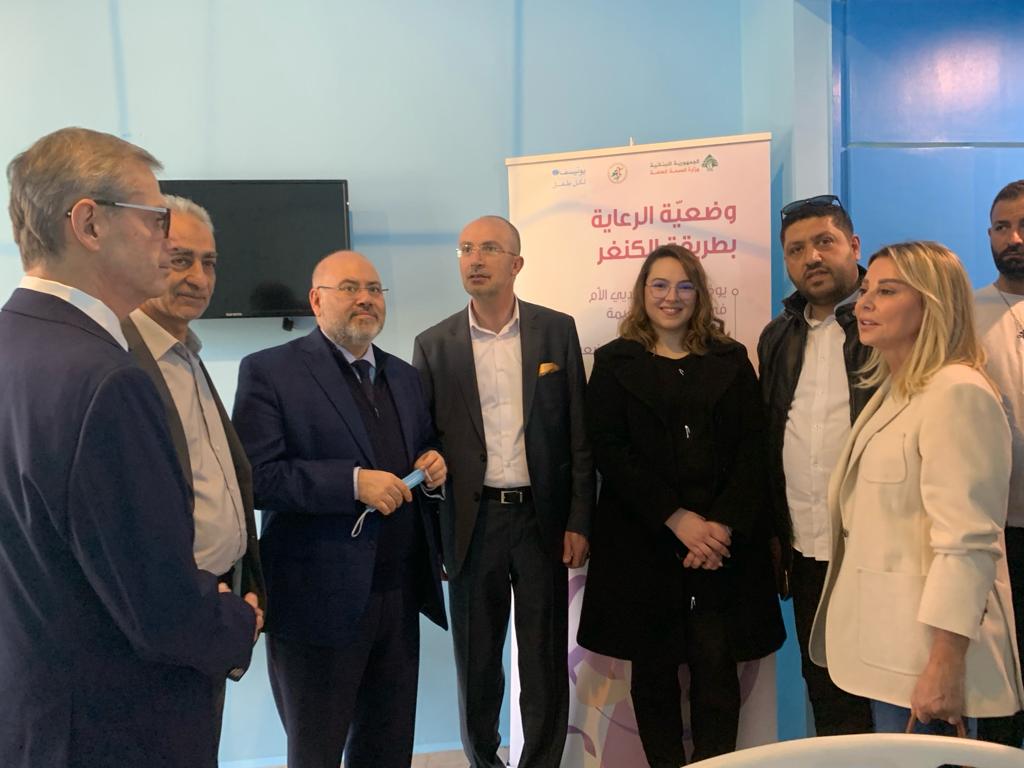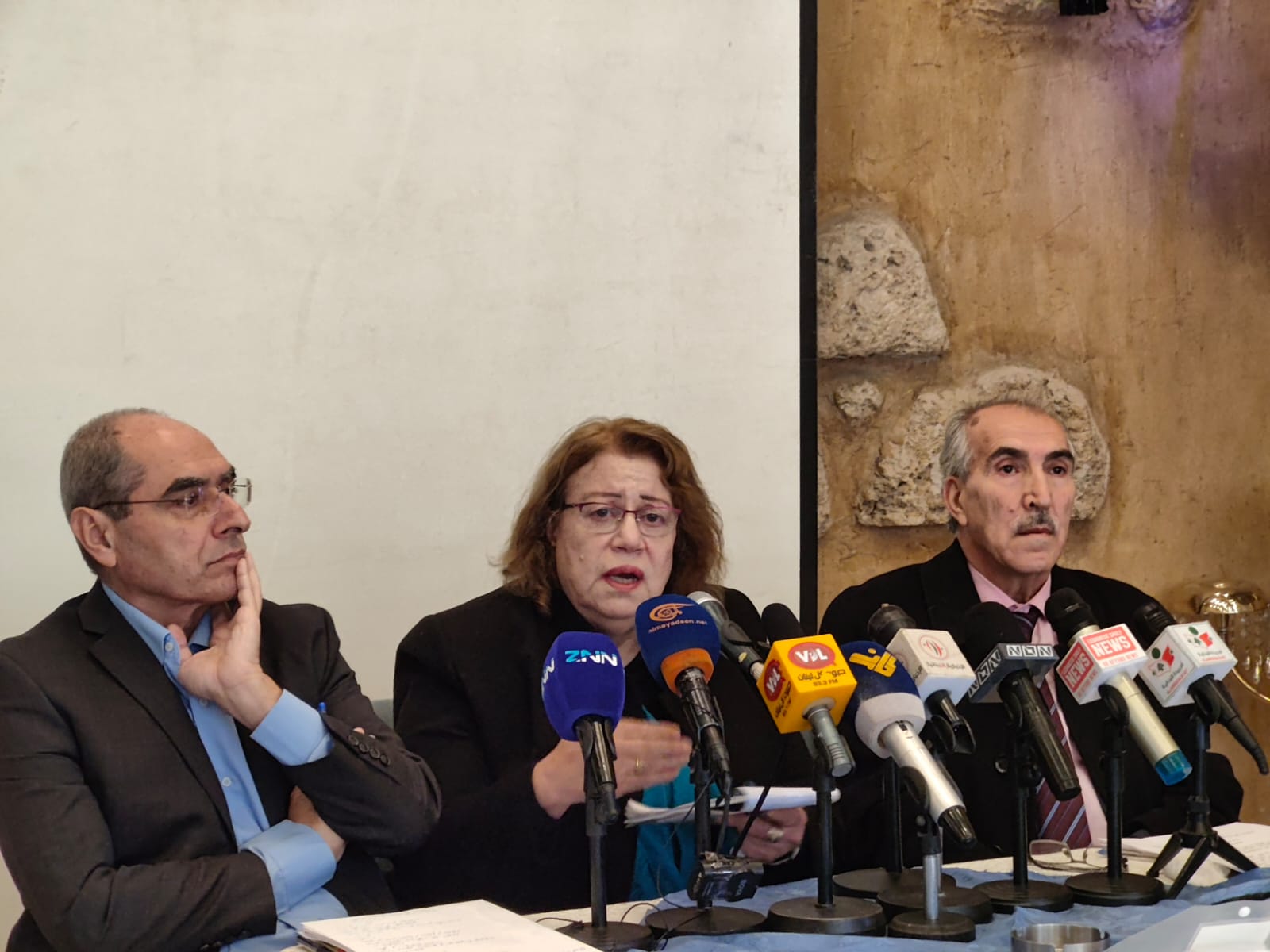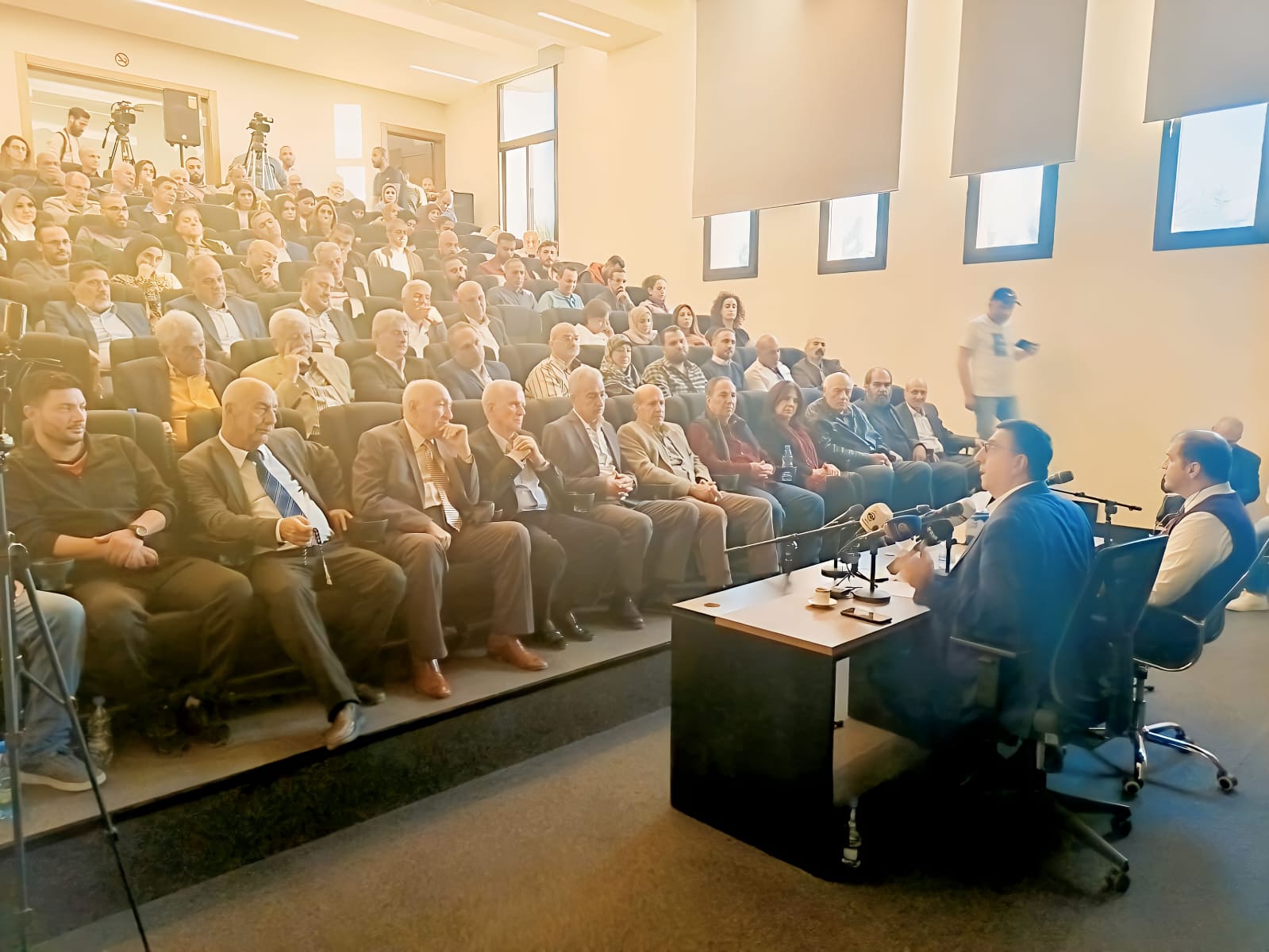Building Hope, Building Futures: 25 Years of LOST Changing Lives in Lebanon
For 25 years, the Lebanese Organization for Studies and Training (LOST) has stood as a beacon of hope in a country familiar with hardship. Founded by Dr. Ramy Lakkis, LOST believes that lasting change comes not from fleeting aid, but from empowering communities to build their own brighter tomorrows. Their work transforms lives, and their anniversary celebration was a testament to that undeniable impact.
Imagine Sarah, a young woman from a rural village, whose dreams of a better future seemed stifled by limited opportunity. LOST’s training programs gave her the skills and confidence to start her own tailoring business. Now, her intricate designs are sought-after throughout the region, providing income not just for herself but supporting her family.
Or picture Ali, a farmer struggling against harsh conditions and unpredictable markets. LOST provided him with modern agricultural techniques and helped him connect with buyers, turning his farm into a thriving enterprise that supports his entire village.
These stories aren’t isolated. LOST’s reach extends to thousands: farmers, entrepreneurs, young people once trapped in a cycle of dependency. Their anniversary showcased this impact: over 1400 jobs created, countless dreams ignited.
“We don’t want to create a culture of handouts,” emphasizes Dr. Lakkis, “We want to give people the tools to lift themselves up, to build a future where they can thrive.”
This culture extends beyond economic empowerment. LOST fosters civil peace, encouraging communities to unite around common goals like the Ramadan initiative that illuminated Baalbek’s markets, revitalizing the economy and restoring a sense of optimism.
From its base in Baalbek-Hermel to its new center in Zahle, LOST’s vision is expanding across Lebanon. Their 25th anniversary isn’t just a milestone; it’s a renewed commitment to the belief that even in the face of adversity, a better future is always possible.


























